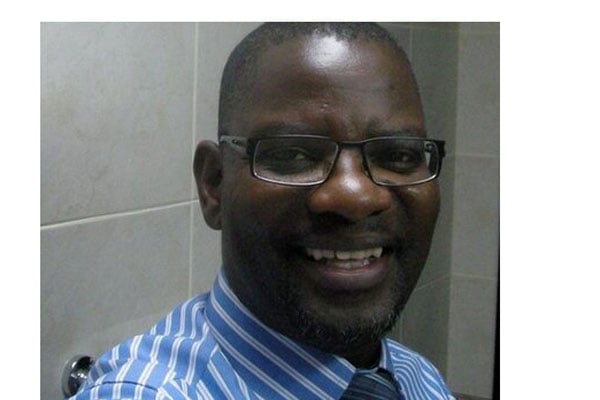Prime
Oulanyah’s death triggers real and crocodile tears

Author, Musaazi Namiti. PHOTO/FILE
What you need to know:
- Oulanyah had family and friends who loved him and are shedding real tears, of course, but there are also Ugandans shedding crocodile tears. There are even Ugandans who literally celebrated and shared news of his death on social media with alacrity.
I face-palmed when I read one of the condolence messages sent to the family of Jacob Oulanyah, the Speaker of Parliament who died last Sunday in Seattle, Washington. He was 56.
The message came from an MP who had not set foot in Parliament since Oulanyah was elected Speaker in May 2021. Many Ugandans believe the reason for the MP’s absence was Oulanyah. I do not need to disclose the name of the MP because many people reading this column already know it.
Death gives us mourners, but not everyone weeping at a funeral is grieving — even when tears are coursing down their cheeks. Some openly weep because the event is some kind of a flashback. It reminds them of a loved one they lost years or decades ago. Others shed public relations (PR) tears.
Oulanyah had family and friends who loved him and are shedding real tears, of course, but there are also Ugandans shedding crocodile tears. There are even Ugandans who literally celebrated and shared news of his death on social media with alacrity.
One video I have watched shows a woman playing Paul Kafeero’s Walumbe Zzaaya, the signature song for death and funerals, mainly in Buganda. But she is not grieving. She is kind of taunting the bereaved about their loss — and goes on to reel off names of individuals who made the retinue that travelled to Seattle to check on Oulanyah. She is teasingly asking: “How does it feel?”
Some politicians have said that the death of Oulanyah should unite rather than divide Uganda. They are right. But we have a major problem.
The current leaders have done everything in their power to cling to power, and in doing so, they have caused a lot of suffering to ordinary people. We have read reports and watched videos of appalling physical torture of Ugandans. Some Ugandans are in graves. That is unacceptable.
None of this is meant to suggest that Oulanyah aided and abetted the suffering. Last year, a TV journalist asked him about rampant human rights violations in Uganda, and he said: “It’s not right. I don’t think anybody in the structure of the government should entertain that — should even attempt to explain it or defend it.”
But when Ugandans who are suffering see that you are close to the regime responsible for not only torture but also the death of their sons and daughters, they blacklist you. That is why these days we see people erupting in celebrations when they hear news of the death of government officials. We did not have that.
In the interview, Oulanyah was asked about his principles and what influences his decisions. He said: “Is it OK with God? Is it OK with the law? Will I sleep well when I finish that? Once these three are harmonised, you won’t shift me. You’ll not. It doesn’t matter what you do. You can light a fire under my chair, but once the three are fitted together, I will move — and nothing can stop me.”
The journalist pointed to a video clip showing security forces storming Parliament and roughing up MPs during a debate on age limits. He did ask whether that was OK with the law, OK with God.
Oulanyah, who was Deputy Speaker at the time, simply said: “I wasn’t there.”
Oulanyah is gone and will be missed. But the lesson his death leaves us is that we need to fix our politics. We need to replace the current rotten leadership with good leadership.
Mr Namiti is a journalist and former Al Jazeera digital editor in charge of the Africa desk
@kazbuk




